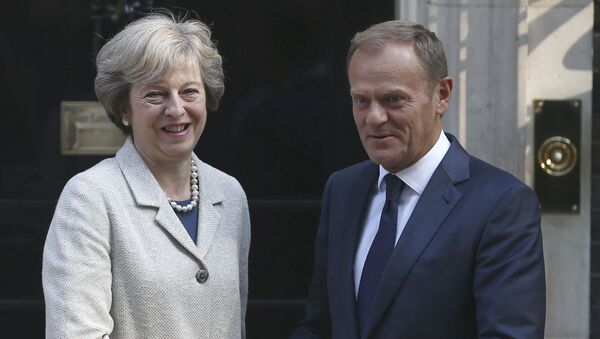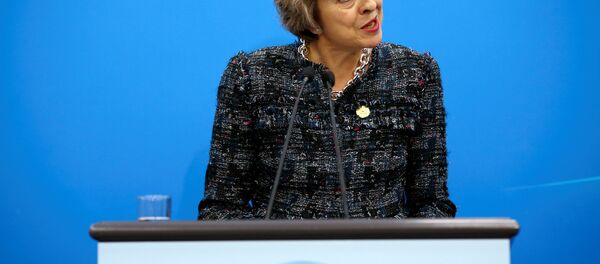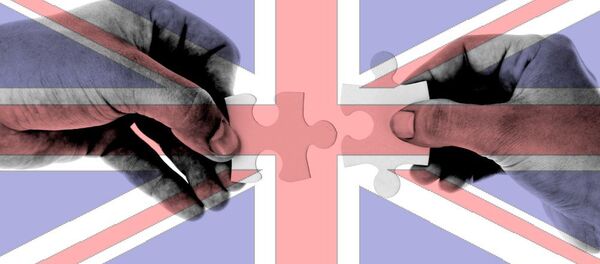Despite the UK voting on June 23 to leave the European Union, the official negotiations can only begin after Article 50 of the EU Lisbon Treaty is triggered by the UK Government.
Prime Minister Theresa May has said she will not invoke Article 50 this year and has given no indication for when she will.
And today the message from European Council President Donald Tusk was: get on with it.
He said: "This is the position shared by all 27 member states. To put it simply, the ball is now in your court."
"I'm aware that it is not easy but I still hope you will be ready to start the process as soon as possible. I have no doubt that at the end of the day, our common strategic goal is to establish the closest possible relations."
Our goal to establish closest possible EU-UK relations. Ball in UK court to start negotiations. In everybody's best interest to start asap
— Donald Tusk (@eucopresident) September 8, 2016
Indeed, May has been beset from all sides with calls for clarity on the UK's exit plan, since she took office with the pithy, but unrevealing remarks: "Brexit means Brexit."
Several of her own senior cabinet colleagues have broken ranks, and publicly called for her to announce specific post-Brexit policies.
For instance, the British public, financial markets and EU leaders still have no indication as to whether May wants the UK to retain its current access to the EU single market.
Similarly, there are 590,000 EU nationals living in the UK, who do not know if they are soon to lose their right to live and work in the UK.
Prime Minister May has sought to portray her reluctance to reveal her intentions as canny negotiating: that she's keeping her cards close to her chest in order to wrangle the best deal from EU bureaucrats.
"We will not take decisions until we are ready, we will not reveal our hand prematurely and we will not provide a running commentary on every twist and turn of the negotiations," May said.
However, she has plenty of critics who say that this strategy makes it difficult for businesses and political institutions to plan for the upcoming years of unprecedented transition.
The uncertainty hanging over the future of the EU could threaten not just the UK's future economic performance, but that of other EU member-states.
The remaining 27 EU leaders are due to meet in Bratislava, Slovakia next week — without Britain — to consider the future of the EU.
Meeting PM @theresa_may to inform about EU27 #Bratislavasummit and discuss process for Brexit talks pic.twitter.com/ANGuFY7wAC
— Donald Tusk (@eucopresident) September 8, 2016
European Council President Donald Tusk has insisted that officially, the Brexit issue will not be on the agenda. However, it is expected to be a topic on the margins of the meeting.
In his London meeting with May on Thursday, Tusk acknowledged that the rest of the EU will be stymied until they know exactly what they're dealing with:
"It doesn't mean that we are going to discuss our future relations with the UK in Bratislava, because for this — and especially for the start of the negotiations — we need the formal notification, I mean triggering Article 50," he said.
Tusk may be set to be disappointed, however. Following the meeting, a Downing Street spokeswoman reiterated May's insistence that she wouldn't invoke Article 50 before the end of this year.
We can't allow all this #Brexit uncertainty to go on for years.
— Cllr.Brian Silvester (@CllrBSilvester) September 5, 2016
We should be out in months.
Get on with it. https://t.co/Tq8lTjLeOb
While speculation remains rife as to what May has in store for the UK, she looks set to face mounting pressure at home and abroad to reveal her hand.




